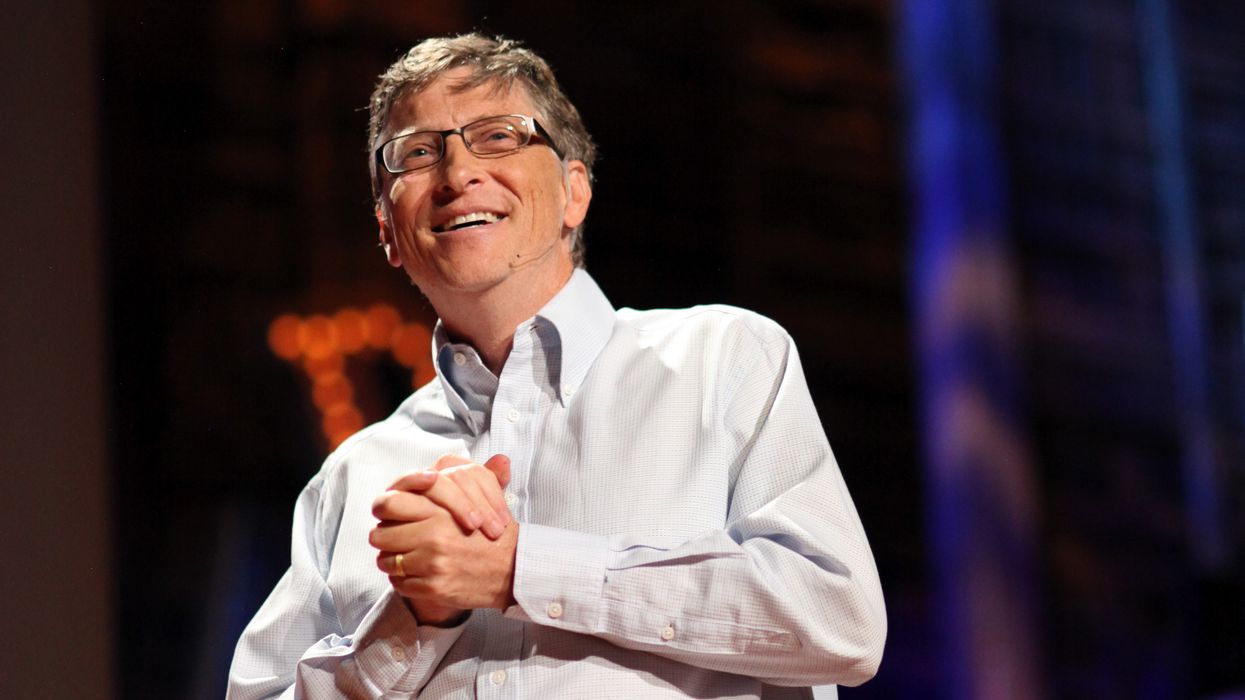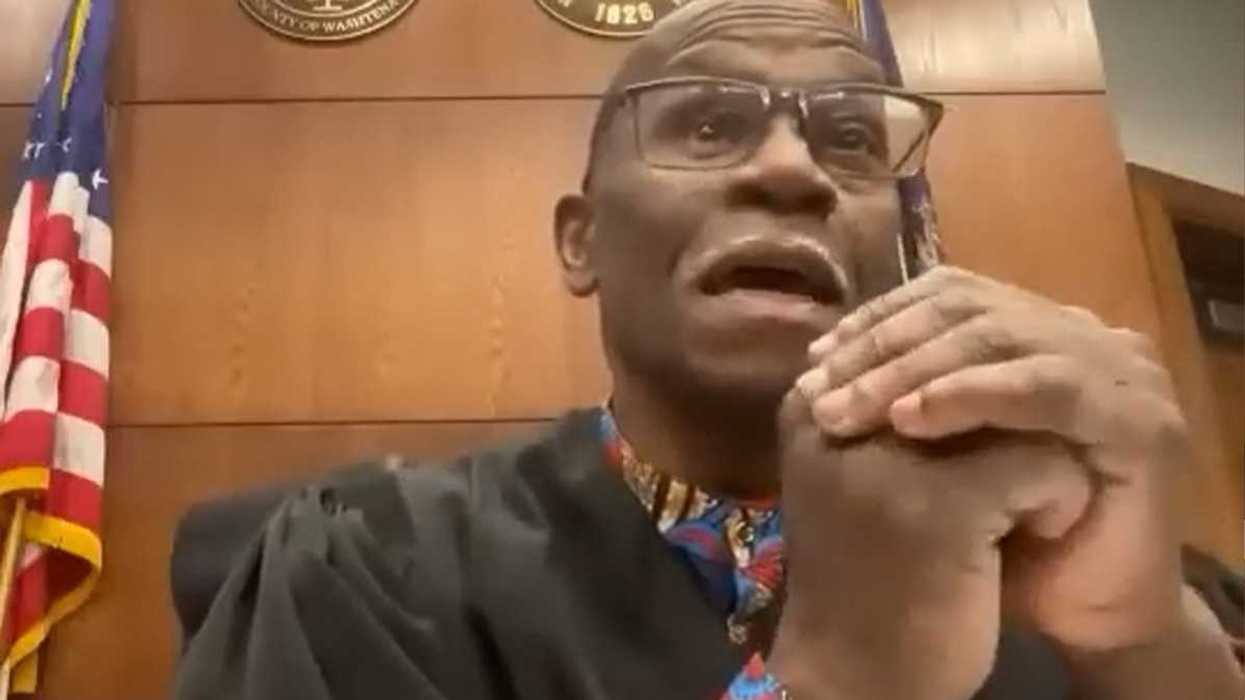As Bill Gates shared in his GatesNotes newsletter recently, he read a New York Times article in 1997 that changed his life. The article was “For Third World, Water Is Still a Deadly Drink” by journalist Nicholas Kristof. In the article, Gates learned of the health and sanitation issues faced by poverty-stricken countries in different parts of the world, and quickly realized he wanted to focus part of the philanthropic efforts of his Gates Foundation on helping to fix this problem.
“Nick reported that diarrhea was killing 3.1 million people every year, almost all of them children. We were shocked…How could that many children be dying from something that was, as far as we knew, little more than an uncomfortable inconvenience? We learned that the simple lifesaving treatment for diarrhea…wasn’t reaching millions of children. That seemed like a problem we could help with,” Gates wrote in his 2022 book, How to Prevent the Next Pandemic, explicitly citing Kristof’s article as the catalyst for the Gates Foundation’s efforts.
Kristof was honored by Gates’s declaration, and wrote on Instagram that year that he was “proud to have played a small role early in the @gatesfoundation’s pioneering work on global health,” referring to this 1997 article as “the most important article I ever wrote.” Gates has remained a fan of Kristof throughout the last three decades and has sat down with him for discussions about global healthcare advocacy many times over the years (below).
Gates also reveals in this recent newsletter that Kristof’s 2024 memoir, Chasing Hope: A Reporter’s LIfe, will change your life for the better. “In this terrific memoir, Nick writes about how he stays optimistic about the world despite everything he’s seen,” Gates shares. “His book made me think: The world would be better off with more Nick Kristofs.” Gates also writes that the book is among his favorite memoirs ever, shared in a recent list, and hopes that there are even more journalists at publications around the world who seek to cast light on the lives affected by poverty and injustice like Kristof does.
One of the many panel discussions between Kristof and Gates, featuring Dr. Bosede Afolabi. Gates Foundation, www.youtube.com
Chasing Hope chronicles Kristof’s 40+ year career, traversing the world to remind readers of the lives affected by global injustice, whether in Sudan or China, Japan or India, or countless others. “I want to invest journalism with purpose and harness it to a cause larger than ourselves,” Kristof writes in the book. “I envision journalism not just as a technical craft but as one with an ethical mission: a better world.”
For Gates, and no doubt for many others, Kristof’s mission worked. To this day, one of the Gates Foundation’s goals is “to eliminate diarrheal disease deaths in young children and to effectively control enteric fever [also called typhoid fever] as a public health problem,” the foundation shares. They do this through facilitating vaccinations, doing research, and advocating for healthcare. It’s one of the many branches of the Gates Foundation, which has made charitable contributions to the tune of over $8B as of this writing.
And all of this because of an article. As Gates wrote on Facebook, “Nick Kristof’s work reminds us what’s possible when we care about people beyond our own borders—and what happens when we don’t.”


















 Honorable J. Cedric Simpson at work in the courtroom.Image from
Honorable J. Cedric Simpson at work in the courtroom.Image from  A close up of Judge Simpson.Image from
A close up of Judge Simpson.Image from 
 Siblings engaging in a pillow fightCanva
Siblings engaging in a pillow fightCanva

 Revenge can feel easier than forgiveness, which often brings sadness or anxiety.
Revenge can feel easier than forgiveness, which often brings sadness or anxiety. 
 Created with
Created with  Where to turn off autoplay in your account on Facebook’s website.Screen capture by The Conversation,
Where to turn off autoplay in your account on Facebook’s website.Screen capture by The Conversation, 
 A young teen cries while listening to music via
A young teen cries while listening to music via 
 A young couple waits in line at a coffee shopCanva
A young couple waits in line at a coffee shopCanva Gif of Eddie Murphy telling you to think
Gif of Eddie Murphy telling you to think